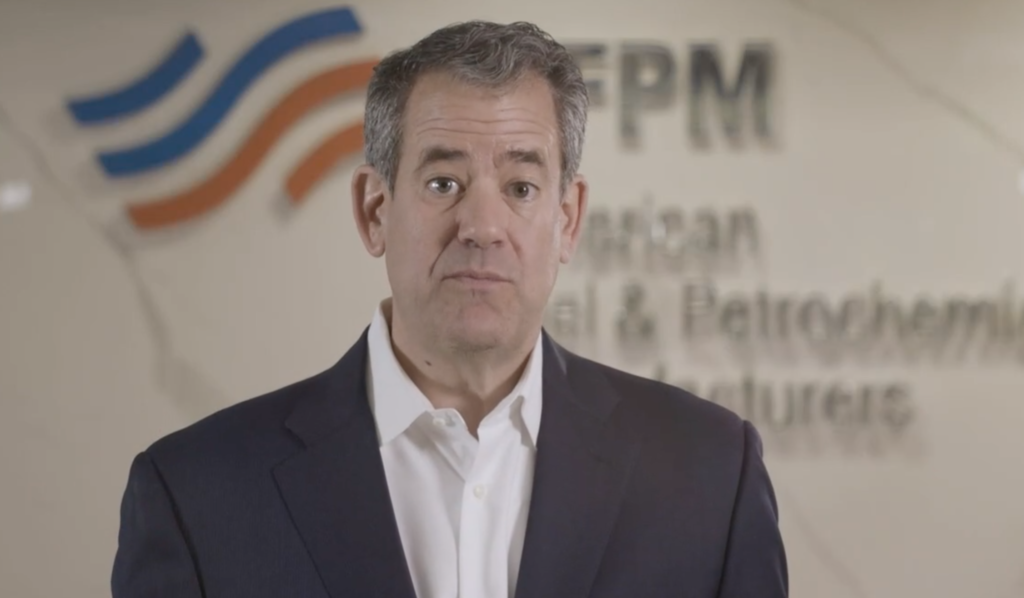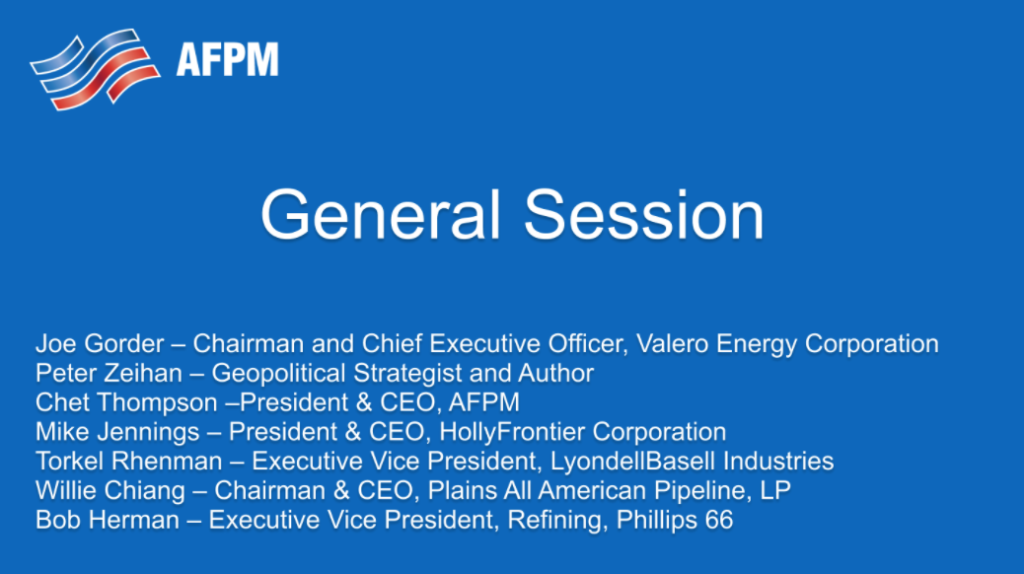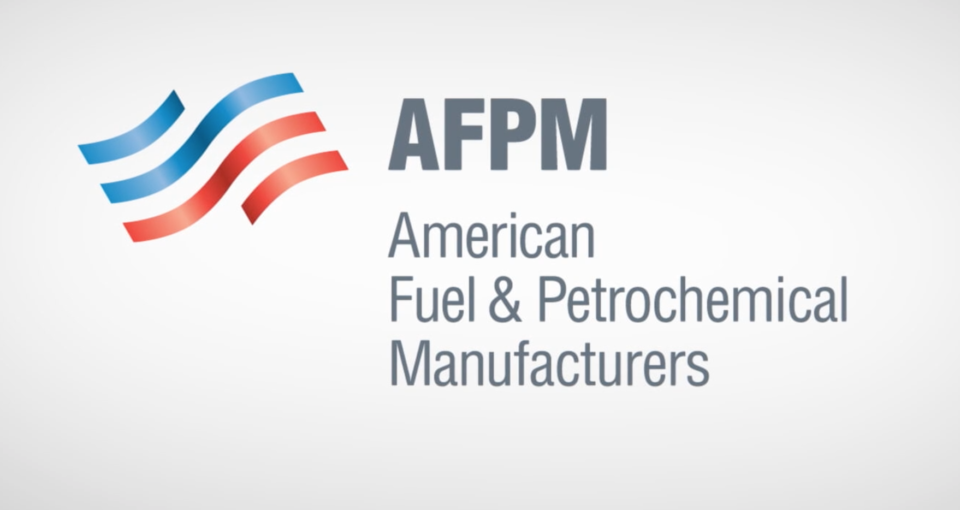Sustainability was a key topic at the 118th annual meeting of the American Fuel & Petrochemical Manufacturers (AFPM), which took place this Monday, virtually. On the event, that will be a two day conference rally, executives from the midstream and downstream sectors discussed how the future is shaping; specially after the covid-19 pandemic and disruptive extreme weather conditions like the cold snap in Texas.
Firstly, Chet Thompson, AFPM’s Chairman and CEO, discussed how the industry has kept resilient throughout 2020 and 2021. Despite the challenges, he said, demand for fuels and other hydrocarbons, key to the refining industry, are now peaking again.
Moreover, he said. “Overall demand for ethylene this year is now actually projected to exceed levels demanded in 2019. Even with all the market challenges last year, exports of ethylene grew 125%. So, given this future demand forecast, we are certainly optimistic about the future.”


Secondly, during the general session, in which some of the top executives of the industry participated, one of the main topics discussed was the sustainability issue; and how the midstream and downstream sectors are reshaping to face this challenge.
Sustainability, a growth opportunity
Furthermore, the attendees agreed on one key aspect of sustainability: it is much broader than just emissions and carbon capture; and that the sustainability narrative is stripping the term away from further meanings, like good paying jobs, and the impact of corporations to surrounding communities.
Consequently, sustainability is both a challenge and an opportunity for American refiners, fuel producers and exporters. In fact, for the attendees, including Joe Gorder, Valero Energy CEO; Mike Jennings, CEO of HollyFrontier; Torkel Rhenman, Executive VP of LyondellBasell Industries; Willie Chiang, CEO of Plains All American Pipeline; and Bob Herman, VP at refining of Phillips 66, sustainability includes a much broader energy mix, from renewables to hydrocarbons.
Also recommended for you: EDP Renewables to sell stake in U.S. wind portfolio, for $720M. Click Here.
Sustainability is a broader energy mix, not just renewables; also includes fossil fuels
“Back to the sustainability narrative, we must make people realize it’s a much broader energy mix; it must include manufacture, cement, steel. Therefore, sustainability does not just mean renewables. For instance, EV’s in context of global energy, transportation is 15% of the energy the world consumes. So, EV’s are going to solve just a part of everything.” Explained Chiang.
In addition, Rhenman said. “Sustainability has become a much more important topic for investors today. In fact, it will continue to be a top issue. But its important to say that investors do not look at this as just an issue, but also an opportunity in terms of what are we doing today and how we capture growth from it.”


He also added: “Fossil fuel is a key feedstock for the petrochemical industry; to make plastics and polymers. So, fossil fuels are also enablers of sustainability, as to light weighting our transportation sector insulation materials are crucial, and there are no better isulation materials than synthetic polymers. So that’s an opportunity for us for actually growing and finding new investment opportunities.”
In this regard, business opportunities like recycling, waste management and other were identified as a vital part for sustainability, regarding plastics and other products from the refining industry.
Finally, Rhenman added. “We, in LyondellBasell Industries, are investing in mechanical recycling, we have a new venture on that; also, in molecular or chemical recycling. We are building a pilot plant and we are committed that by the end of this decade about 10% of our feedstock of polymers will be recycled.”


